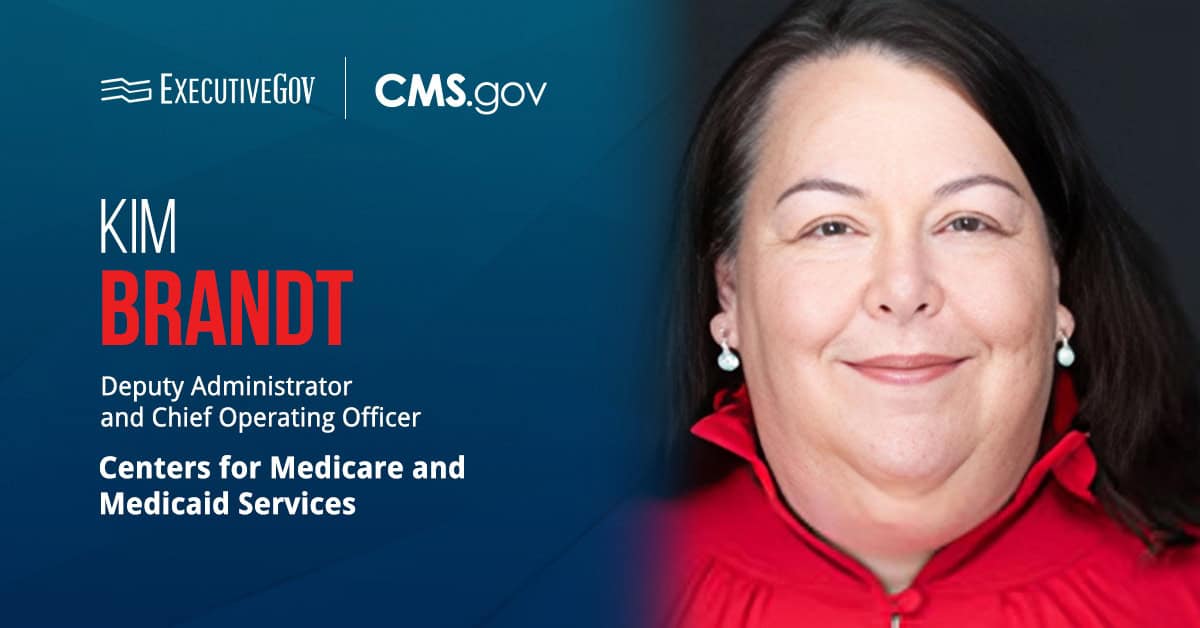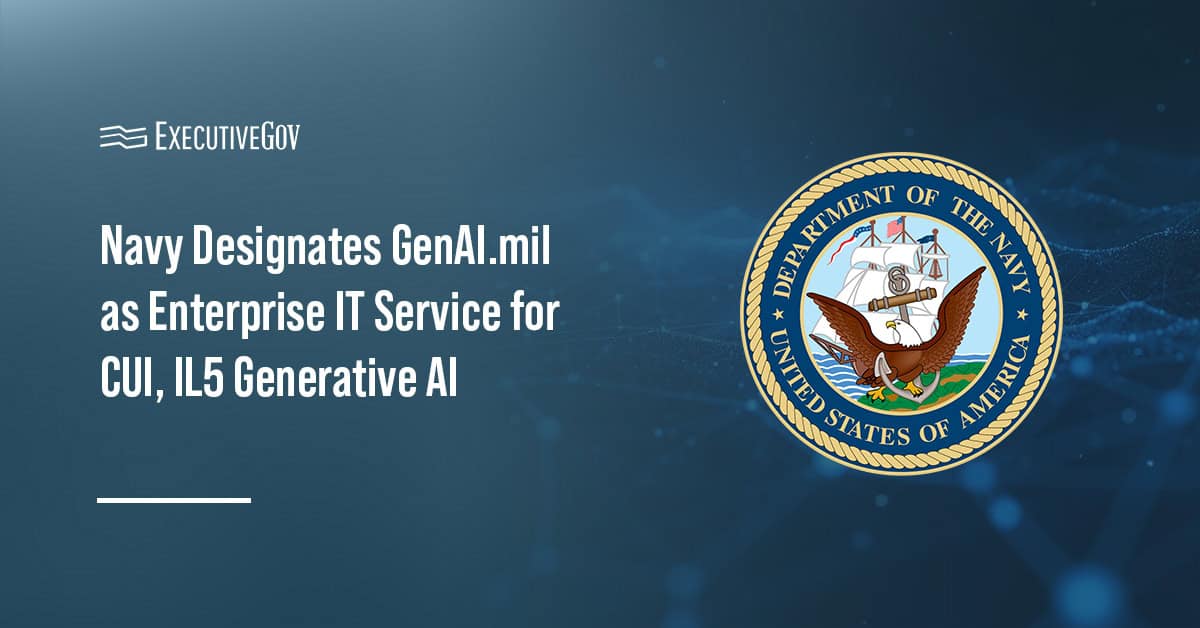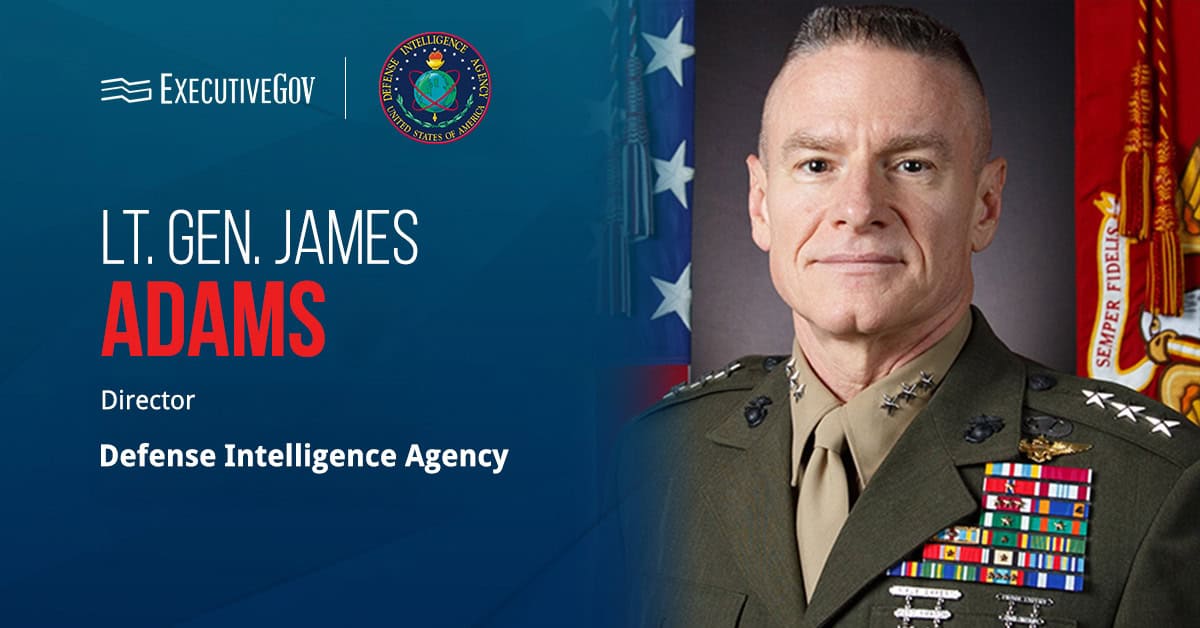The project manager for intelligence and analytics within the U.S. Army’s Program Executive Office – Intelligence, Electronic Warfare and Sensors is seeking industry input regarding ways to implement and automate an artificial intelligence bill of materials, or AIBOM, for Project Linchpin, whose aim is to establish a pipeline that would develop AI and machine learning solutions for PEO IEW&S sensor programs.
An AIBOM would work to identify potential vulnerabilities in an AI model by tracking key information about its components, including its software supply chain, details about the model itself and the lineage of the data used to train the model, according to a request for information posted on SAM.gov.
The pertinent information would have to be extracted automatically from relevant sources in order to make an AIBOM viable.
Interested parties have until Dec. 1 to respond.





